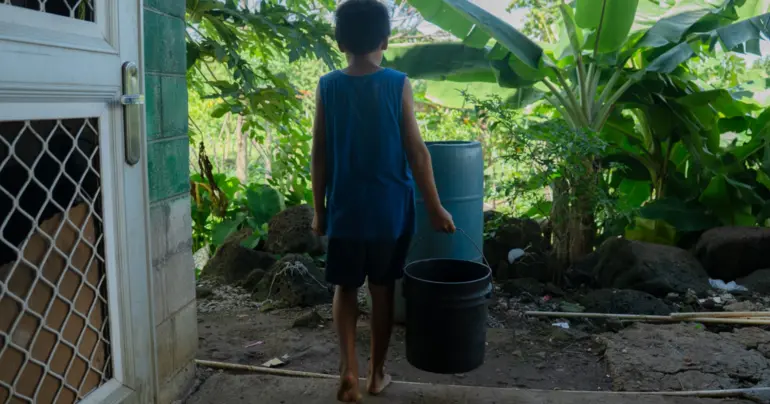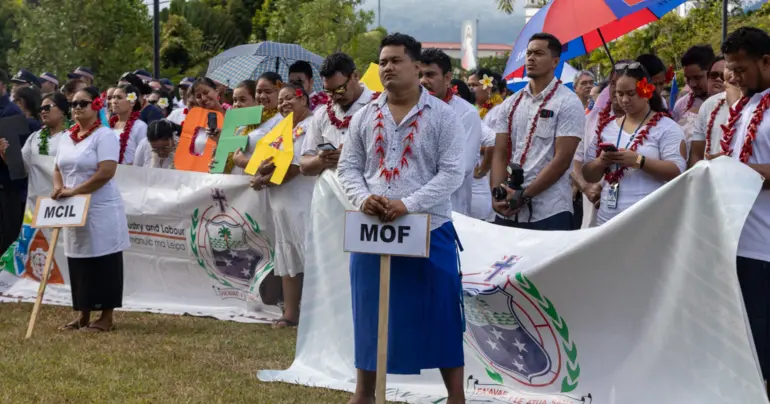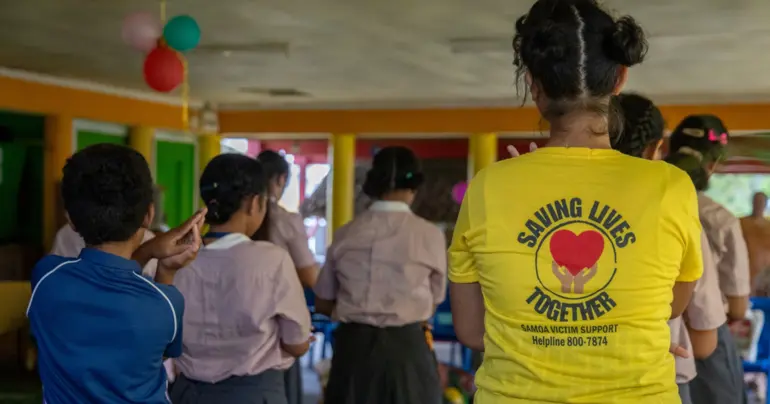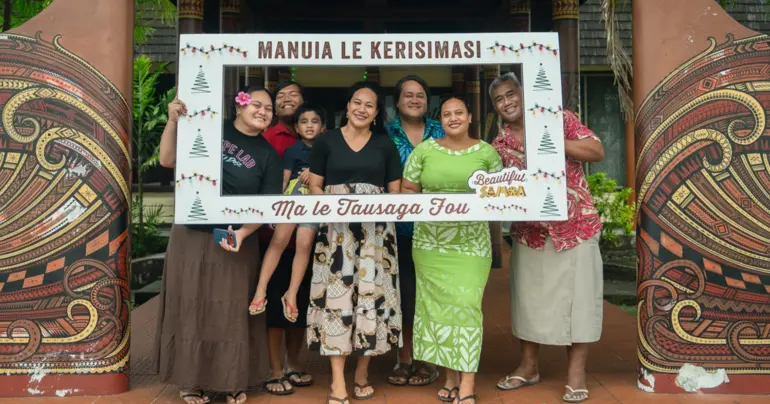Dialogue vital in abortion debate
Samoa’s human rights record goes under the radar this week when the United Nations Human Rights Council’s Universal Periodic Review (U.P.R.) Working Group deliberates on the progress of the 14 states.
The review by the Council will be based on information from the local authorities (State under review), independent human rights experts and groups, human rights treaty bodies and other UN entities as well as national human rights institutions, regional organisations and civil society groups.
Amongst Samoa’s various human rights challenges that would go before the Council for deliberation – with the representatives of Brazil, Uzbekistan and Denmark as rapporteurs – are recommendations for the full decriminalisation of abortion which is currently illegal in the statute books of the country.
It remains an offence under the Crimes Act 2013 Sections 111-116. That provision of the law stipulates: “procuring an abortion or miscarriage for any person by any means (instrument or ingesting drugs or toxins); or a person procuring their own miscarriage or supplying the means for a person to procure an abortion.”
Unless the act is done when the pregnancy is under 20 weeks and is performed by a registered medical practitioner, due to the professional view that the continuation of the pregnancy would place the life or mental health of the female who was a victim of a sexual offence in danger.
The inclusion of the recommendation for abortion to be legalised, as part of the U.P.R. submissions on Samoa for the Council’s deliberation, has not gone down well with Samoa’s only refuge for victims of sexual abuse.
In an interview with the Samoa Observer, the Samoa Victim Support Group (S.V.S.G.) President Siliniu Lina Chang told this newspaper that they did not agree with the recommendation.
Her views were highlighted in an article (Moves to legalise abortion opposed) published in the 2 November 2021 edition of the Samoa Observer, when she emphatically declared that they would “wash their hands clean of being part of anything like that.”
Siliniu is of the view that the country’s current laws are sufficient to address the health and mental risks that woman victims of sexual abuse could face if they fall pregnant as a result of a crime.
“The law has always been there and we are aware of it and guided by the law,” she said.
“If there are any [health] risks we would apply to the Court and go through the process where it requires two medical experts to support such an application…there was never a time we had to because in the cases in the past there was no danger or threat to the life [of the victims].”
Five years ago there was similar debate on the same issue, when the previous government prepared a position paper on the country’s compliance with the Convention on the Elimination of all forms of Discrimination Against Women (C.E.D.A.W.), for the second U.P.R. review in 2016.
The position of the U.N. has always been that a state’s adherence to and enforcement of sexual and reproductive health and rights (S.R.H.R.) – catering for “contraception, abortion care and reproductive coercion” – are part and partial of one’s progress towards achieving the Sustainable Development Goals.
And Samoa as a member of the U.N. and a Small Island Developing State has aligned its national development strategies with the S.D.G.s. So there is a legal obligation on our part as a signatory state to some of these international conventions to address what some say are “grey areas” in our local laws.
But Samoa being a conservative and deeply religious country, there would be widespread opposition to the moves to legalise abortion.
So the question needs to be asked whether there should be an emphasis on finding a local solution to plot a way forward on the contentious issue rather than taking on the U.N. recommendation lock, stock and barrel?
We note the response from the S.V.S.G. President, which stressed the importance of human life and offered an alternative solution to the moral dilemma, with her not-for-profit organisation raising the child and the mother getting on with her life.
“It’s not endangering the woman or the child or even the family suffering from any humiliation and embarrassment,” said Siliniu.
So is this the best option going forward for Samoa – where we accept the status quo in terms of the local laws – while relying on the community safety nets that an organisation such as the S.V.S.G. provides giving a child a second chance in life and enabling his or her mother to get on with theirs?
Ultimately the debate around this issue will come down to individual rights versus community views of a baby’s right to life and whether it is in line or out of line with our Christian beliefs and the values that the fa’asamoa promotes.
As a firm believer in the maintenance of community stability in a modern developing state, it would not hurt for Government officials to maintain dialogue on the appropriateness of certain rights and continue the conversation in public spaces, on whether they can add value to the common good.










